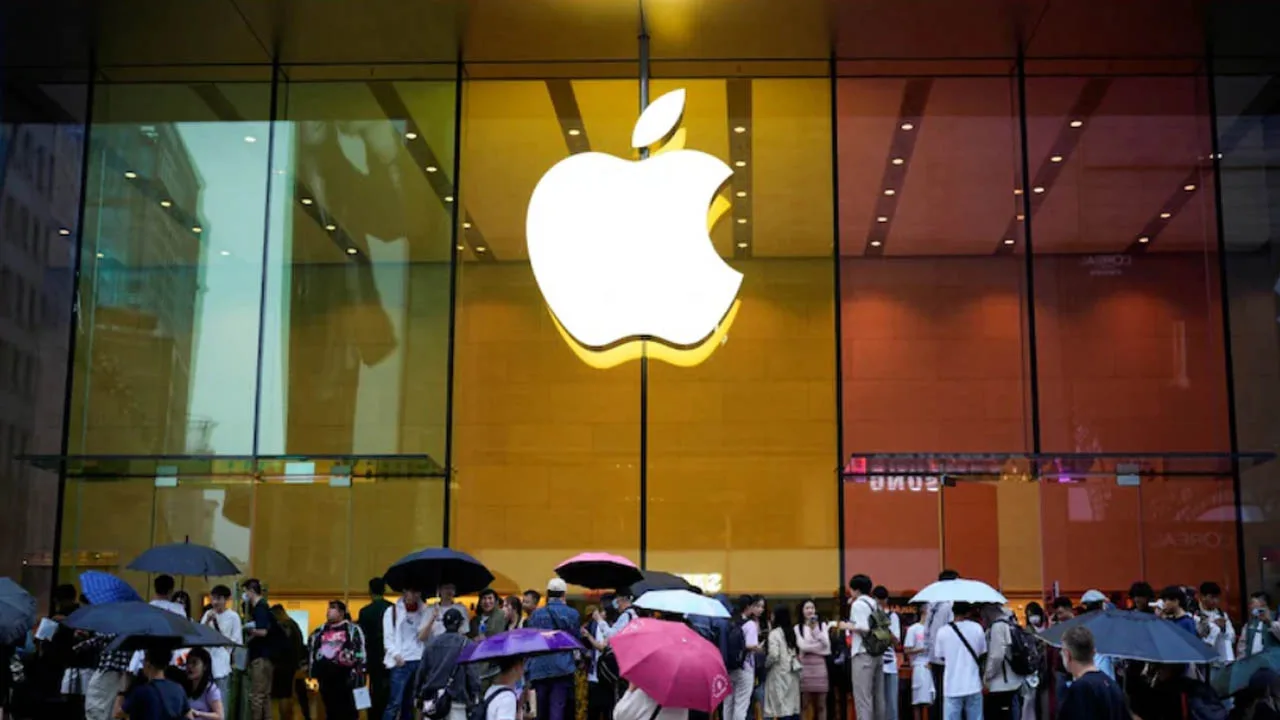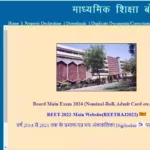The world of smartphones just got a jolt stronger than your morning chai. The US Department of Justice (DOJ) threw down the legal gauntlet, accusing Apple of wielding an iron fist over the smartphone market. This lawsuit, filed in March 2024, alleges Apple has built an “illegal monopoly,” stifling competition and driving prices sky-high. But is Apple really the villain of the mobile story, or is there more to this tech tangle than meets the eye? Let’s dive in and dissect this juicy lawsuit.
The DOJ’s Case: Clamping Down on the Cupertino Cartel?
The US government paints a damning picture of Apple. They claim Apple has locked consumers into the iPhone ecosystem, making it difficult (and expensive) to switch to rival Android phones. Here’s a breakdown of the DOJ’s key arguments:
- Walled Garden: Apple’s App Store is the only authorized platform for downloading apps on iPhones. This, according to the DOJ, limits consumer choice and hinders innovation by giving Apple complete control over what apps users can access.
- Locked In: Apple’s proprietary software and hardware integration make it a hassle to switch from iPhone to Android. Data transfer is complex, and certain features (like iMessage) are exclusive to Apple devices, further discouraging users from exploring other options.
- App Store Squeeze: App developers are forced to pay Apple a hefty 30% commission on all in-app purchases. This, argues the DOJ, inflates app prices for consumers and stifles competition by making it harder for smaller developers to compete with established giants.
- Price Play: The DOJ points to the premium price tags of iPhones, suggesting Apple leverages its market dominance to charge exorbitant prices without fear of competition.
Apple’s Defense: Innovation, Security, and User Experience
Not surprisingly, Apple isn’t taking these accusations lying down. Here’s how they’re countering the DOJ’s claims:
- Champion of Choice: Apple argues that the App Store offers a curated selection of high-quality apps, ensuring user safety and security. They claim their strict guidelines prevent malware and promote a positive user experience.
- Open to All: Apple emphasizes that any developer can create apps for the App Store as long as they meet their security and privacy standards. They see this as fostering a competitive environment within their platform.
- Worth the Price: Apple maintains that their premium pricing reflects the high-quality hardware, software integration, and user experience they deliver. They believe their products offer exceptional value compared to competitors.
- Level Playing Field: Regarding the App Store commission, Apple argues that the fee is necessary to maintain and develop the platform that benefits all developers. They claim it’s a fair price for the value they provide.
The Potential Impact: A Reshuffling of the Smartphone Deck?
The outcome of this lawsuit could have far-reaching consequences. Here are some potential scenarios:
- App Store Overhaul: If the DOJ prevails, Apple might be forced to open up the App Store to third-party app stores or loosen its grip on app distribution. This could lead to a wider variety of apps and potentially lower prices.
- Price Correction: A court ruling against Apple could lead to a decrease in iPhone prices, making them more accessible to a wider audience.
- Innovation Spark: If Apple’s control over the iPhone ecosystem is loosened, it might spur innovation as developers have more freedom to create cutting-edge features and applications.
Beyond the Lawsuit: A Broader Debate about Big Tech
The Apple vs. DOJ lawsuit is just one chapter in a much larger story about the power and influence of Big Tech companies. This case raises important questions about:
- Competition and Consumer Choice: Should tech giants be allowed to exert such a dominant market force? Does it stifle innovation and limit consumer choice?
- Regulation vs. Innovation: How can governments strike a balance between regulating Big Tech to promote competition and fostering an environment that encourages innovation?
- Privacy and Security: In a world dominated by powerful tech companies, how can we ensure user privacy and data security are adequately protected?
The Verdict is Still Out: A Long Road Ahead
This high-stakes legal battle is likely to be a marathon, not a sprint. It could take years before a final verdict is reached. In the meantime, the mobile industry will be watching with bated breath, as the outcome could reshape the landscape of smartphones for years to come.




